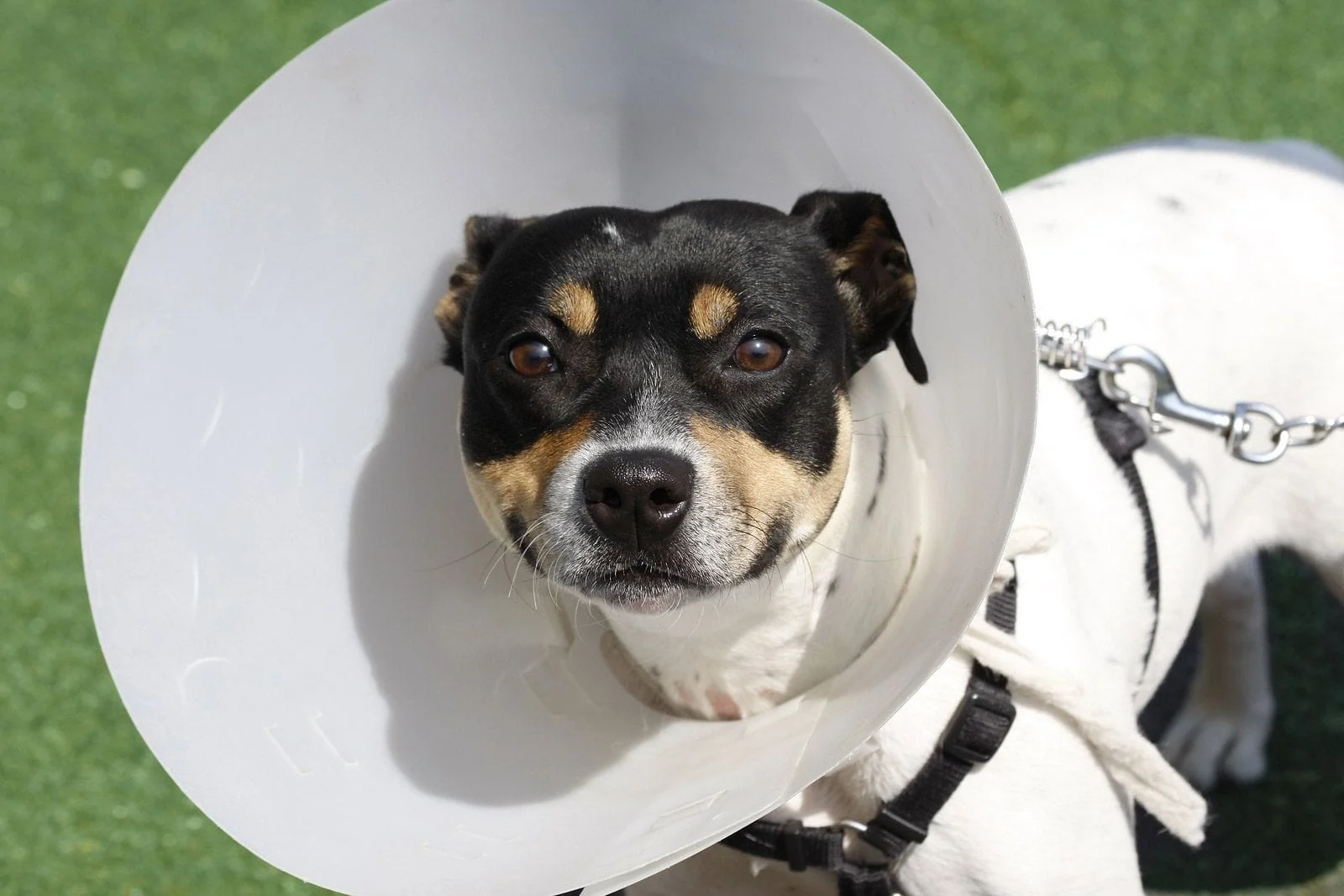Pet Surgery
Any time your pet requires surgery it can be a scary experience. Many common diseases and injuries can be treated with either routine or specialized surgical care. The team at Pleasant Valley Veterinary Clinic is passionate about caring for animals, and regularly performs surgery to improve their overall quality of life. Below, let's take a closer look at some common pet surgeries and what to expect during surgery.
Routine Surgeries
Many surgeries performed in the veterinary office are quite routine and can be completed in a matter of minutes. One of the most common surgeries is to have your pet spayed or neutered. This simple surgery helps to keep the pet population under control. Other simple surgeries include pet dental procedures, such as tooth extractions, and the removal of masses for biopsy and testing. Routine surgeries, while still scary, are quick, painless, and have a short recovery time.
Specialty Surgeries
Sometimes our pets require special surgery to help keep them healthy. At Pleasant Valley Veterinary Clinic, our team of experts is trained in a range of select surgeries for pets. For brachycephalic pets, or short nosed pets, we offer nares resection surgery to help enlarge and clear their airways, allowing for smoother, easier breathing. Another common surgery performed in cats and dogs alike, is a surgery to treat bladder stones. Bladder stones can become fatal if a cystotomy is not performed to remove the dangerous stones that can eventually cause blockages. Additionally, just like people, sometimes the spleen must be removed in pets due to rupture, injury, or disease. We offer splenectomy surgery for both cats and dogs. We offer emergency surgeries ranging from setting and repairing fractured bones to gastrointestinal procedures.
What to Expect During Surgery
Prior to the surgical procedure, our veterinarian will take some simple diagnostic tests to get a baseline for your pet. This might include blood work, X-Rays, or temperature readings. Further, your vet will listen to your pet's heart and lungs to make sure your pet is in optimal health prior to the surgery. Following the surgery, expect to be sent home with some after care instructions. Your pet may receive some medication to help manage pain or to fight off possible infection. Depending on the nature of the surgery, your pet may have mobility restrictions or even physical exercises to perform at home to help regain mobility and strength.
When Your Pet Needs Surgery, Trust Us to Get the Job Done Right
At Pleasant Valley Veterinary Clinic we understand surgery can be a scary time for you and your pet. Our caring, knowledgeable, and professional team is dedicated to providing the best possible service to keep your pet healthy and happy. We offer a range of routine and emergency surgery practices, and are available to help answer any questions you may have. To learn more about our services or to schedule an appointment, call us today at (724) 941-5484.

